
WASHINGTON, DC – In a strong showing of legislative support, 75 U.S. Representatives from 23 states sent a bipartisan Armenian Caucus letter on Wednesday asking Chairwoman Nita Lowey (D-NY) and Ranking Member Hal Rogers (R-KY) of the House Appropriations Subcommittee on Foreign Operations to fund de-mining and rehabilitation services in Artsakh and expand U.S. assistance to Armenia, reported the Armenian National Committee of America (ANCA).
“Over twice as many U.S. Representatives signed this year’s letter – illustrating the energy and urgency of Congressional support for saving Artsakh aid in the face of ill-advised attempts by the Trump-Pence Administration to kill a life-saving, peace-promoting de-mining program,” said Aram Hamparian, Executive Director of the ANCA. “We thank Representatives Pallone, Speier, and Schiff and all their colleagues who co-signed this letter for advancing a targeted, forward-leaning aid package for Artsakh and Armenia that invests in peace and democracy.”
The letter, circulated for signatures by the Congressional Armenian Caucus, included the following budgetary requests:
— $1.5 million for Artsakh demining and robust funding for regional rehabilitation services for survivors of landmine injuries and individuals with physical and cognitive disabilities.
— $100 million for economic, governance, rule of law, and security assistance to Armenia through State Department and USAID accounts.
— That the State Department and USAID lift any official or unofficial restrictions on U.S. travel, communication, or contacts with Artsakh government officials.
— The suspension of U.S. military aid for Azerbaijan until it has been verified to have ceased all attacks against Armenia and Artsakh.
Joining Congressional Armenian Caucus Co-Chairs Frank Pallone (D-NJ) and Jackie Speier (D-CA), and Vice-Chair Adam Schiff (D-CA) in cosigning the letter are: Representatives Karen Bass (D-CA), Don Beyer (D-VA), Gus Bilirakis (R-FL), Suzanne Bonamici (D-OR), Anthony Brindisi (D-NY), Cheri Bustos (D-IL), Salud Carbajal (D-CA), Tony Cardenas (D-CA), Judy Chu (D-CA), David Cicilline (D-RI), Gil Cisneros (D-CA), Jim Costa (D-CA), TJ Cox (D-CA), Jason Crow (D-CO), Danny Davis (D-IL), Madeleine Dean (D-PA), Ted Deutch (D-FL), Anna Eshoo (D-CA), Adriano Espaillat (D-NY), Tulsi Gabbard (D-HI), Ruben Gallego (D-AZ), John Garamendi (D-CA), Chuy Garcia (D-IL), Jimmy Gomez (D-CA), Josh Gottheimer (D-NJ), Josh Harder (D-CA), Jim Himes (D-CT), Steven Horsford (D-NV), Sheila Jackson Lee (D-TX), Hank Johnson (D-GA), Ro Khanna (D-CA), Steve King (R-IA), Raja Krishnamoorthi (D-IL), James Langevin (D-RI), Barbara Lee (D-CA), Susie Lee (D-NV), Andy Levin (D-MI), John Lewis (D-GA), Ted Lieu (D-CA), Daniel Lipinski (D-IL), Zoe Lofgren (D-CA), Alan Lowenthal (D-CA), Stephen Lynch (D-MA), Carolyn Maloney (D-NY), Sean Patrick Maloney (D-NY), James McGovern (D-MA), Seth Moulton (D-MA), Grace Napolitano (D-CA), Donald Norcross (D-NJ), Eleanor Holmes Norton (D-DC), Devin Nunes (R-CA), Ilhan Omar (D-MN), Chris Pappas (D-NH), Donald Payne (D-NJ), Ayanna Pressley (D-MA), Jamie Raskin (D-MD), Kathleen Rice (D-NY), Max Rose (D-NY), Harley Rouda (D-CA), Linda Sanchez (D-CA), John Sarbanes (D-MD), Janice Schakowsky (D-IL), Brad Schneider (D-IL), Brad Sherman (D-CA), Albio Sires (D-NJ), Haley Stevens (D-MI), Tom Suozzi (D-NY), Dina Titus (D-NV), Rashida Tlaib (D-MI), Lori Trahan (D-MA), David Trone (D-MD), and Ted Yoho (R-FL).
Author information
The post 75 U.S. Representatives Call on Congress to Save Artsakh Aid appeared first on The Armenian Weekly.
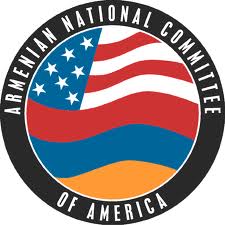
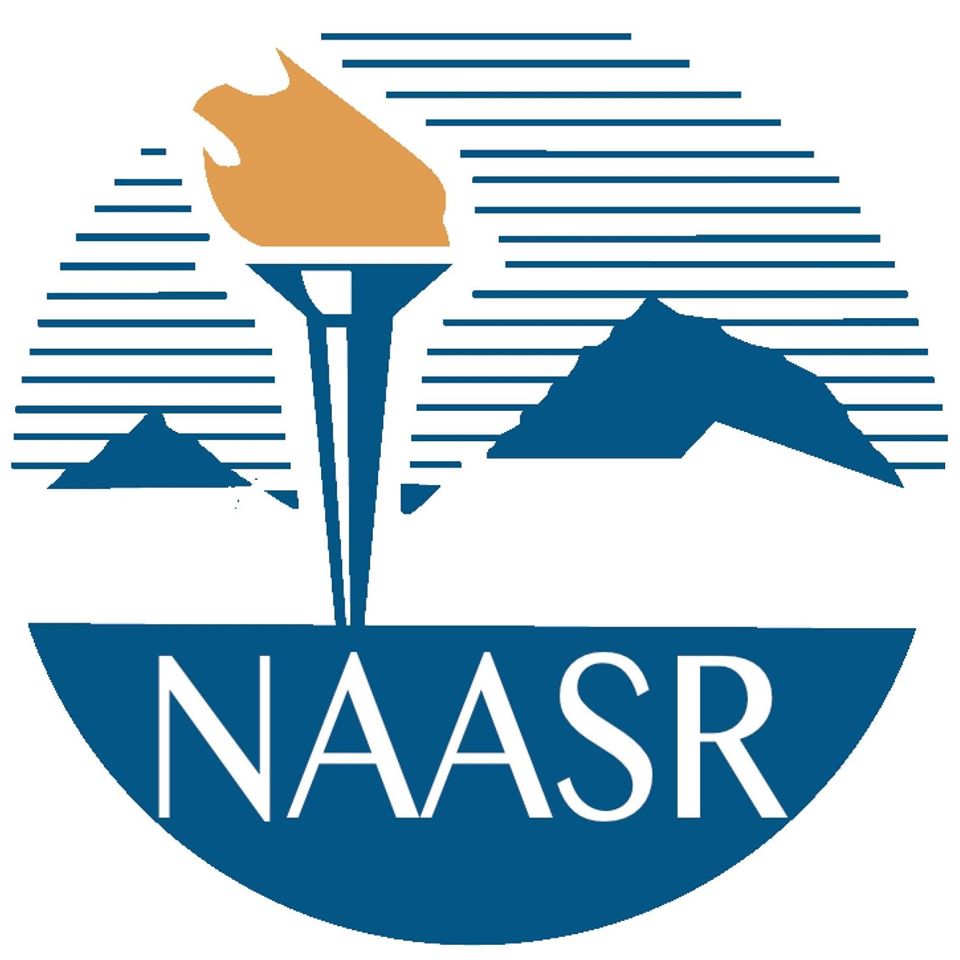

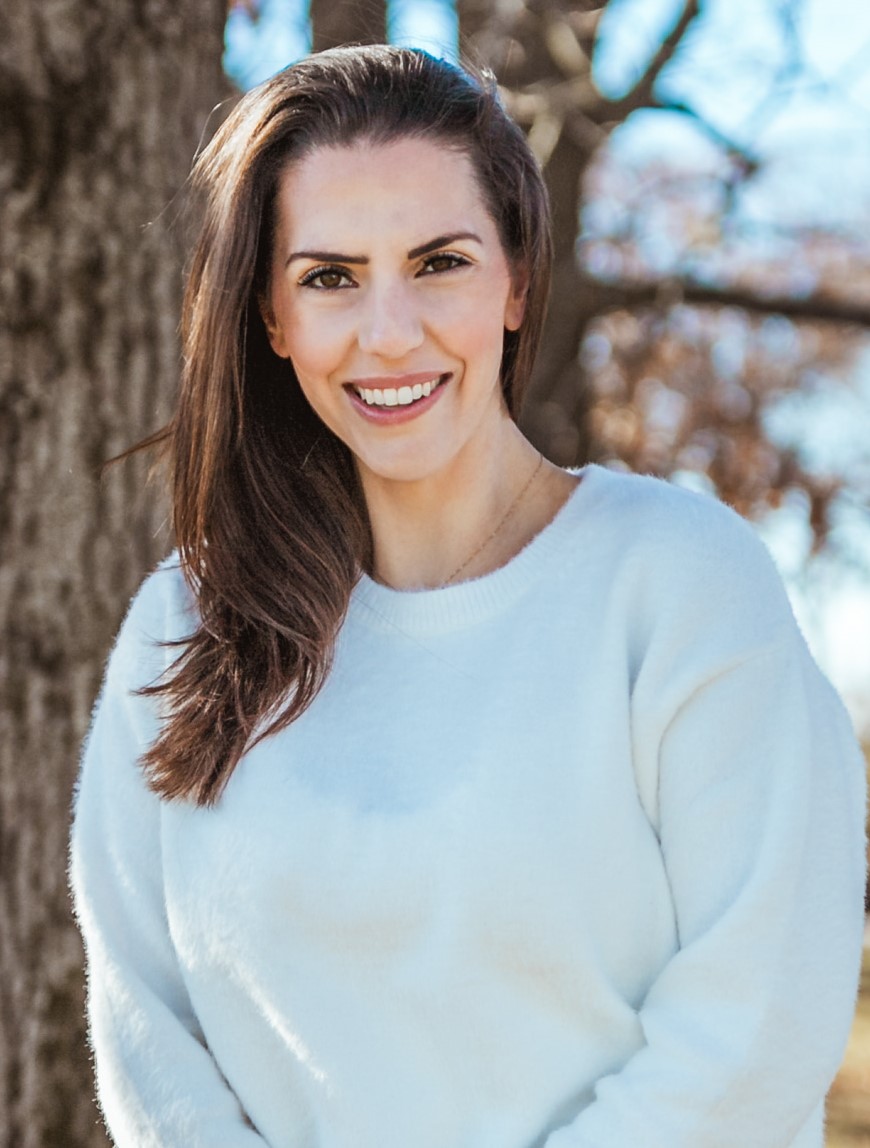
 It’s hard to believe it’s been almost two whole years since my children’s book,
It’s hard to believe it’s been almost two whole years since my children’s book, 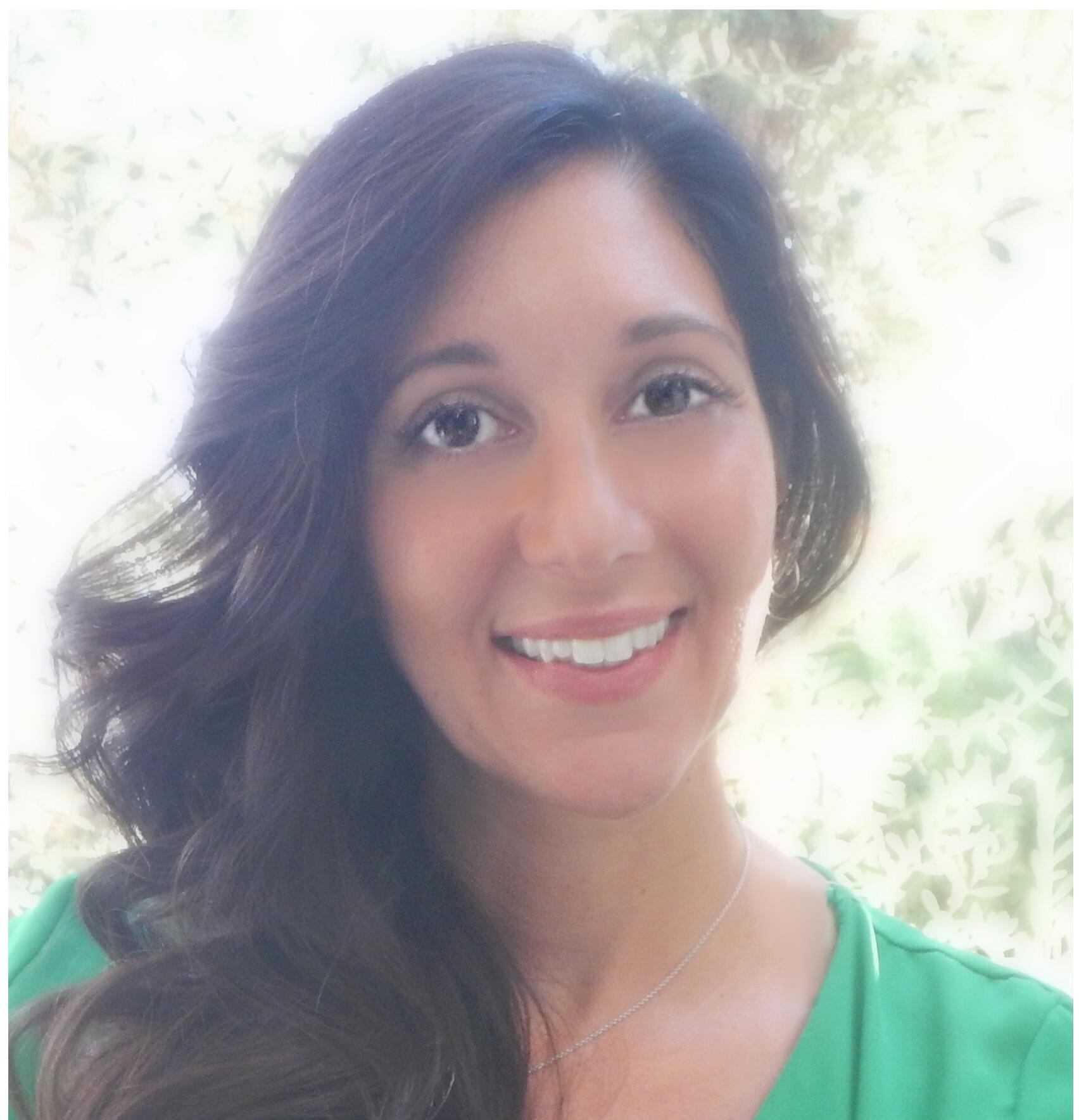

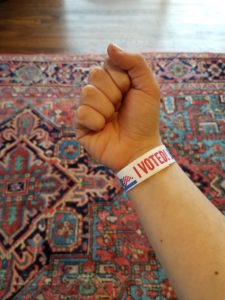
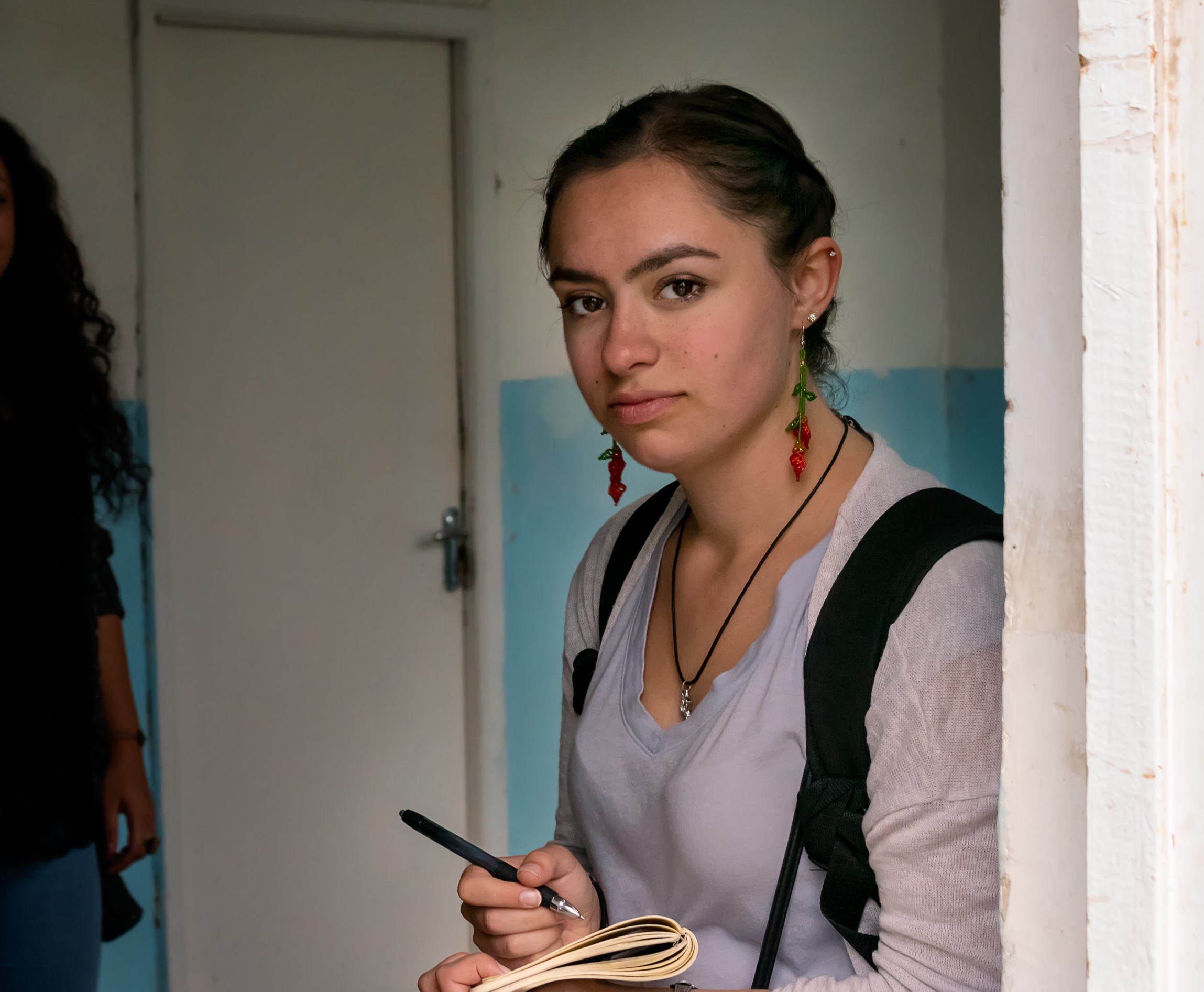








 BOSTON, Mass. – The Armenian International Women’s Association (AIWA) has announced the release of its latest book, Srpuhi Dussap’s pioneering Armenian feminist novel
BOSTON, Mass. – The Armenian International Women’s Association (AIWA) has announced the release of its latest book, Srpuhi Dussap’s pioneering Armenian feminist novel 
 WASHINGTON, DC—Armenian National Committee of America (ANCA) Chairman Raffi Hamparian is urging U.S. Ambassador to Armenia Lynne Tracy to expand the U.S. Embassy vital assistance to fight the COVID-19 epidemic. In a letter dated Tuesday, March 24, 2020, Hamparian is encouraging Ambassador Tracy to work with Armenia’s Ministry of Health, the American University of Armenia’s Center for Health Services Research and social service organizations like the Armenian Relief Society (ARS).
WASHINGTON, DC—Armenian National Committee of America (ANCA) Chairman Raffi Hamparian is urging U.S. Ambassador to Armenia Lynne Tracy to expand the U.S. Embassy vital assistance to fight the COVID-19 epidemic. In a letter dated Tuesday, March 24, 2020, Hamparian is encouraging Ambassador Tracy to work with Armenia’s Ministry of Health, the American University of Armenia’s Center for Health Services Research and social service organizations like the Armenian Relief Society (ARS).








 GLENDALE, Calif.—As the rapidly expanding COVID-19 pandemic has consumed virtually all aspects of American society, one longstanding constitutional tradition—the US Census—is also underway. Millions of American households have already received invitation letters in the mail from the Census Bureau that include a unique 12-digit code, making it easier to respond to the 2020 Census. With or without the code, people can visit
GLENDALE, Calif.—As the rapidly expanding COVID-19 pandemic has consumed virtually all aspects of American society, one longstanding constitutional tradition—the US Census—is also underway. Millions of American households have already received invitation letters in the mail from the Census Bureau that include a unique 12-digit code, making it easier to respond to the 2020 Census. With or without the code, people can visit 


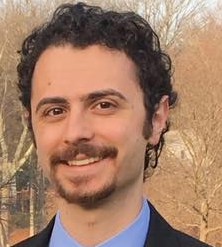

 We are in the midst of an international emergency that is affecting all of us locally, along with significant and immediate consequences on our diaspora, our communities and our homeland. The Armenian Relief Society Central Executive Board (CEB) urges all its members to stay well and safe. Social distancing and the avoidance of crowded places are essential to overcoming the COVID-19 pandemic.
We are in the midst of an international emergency that is affecting all of us locally, along with significant and immediate consequences on our diaspora, our communities and our homeland. The Armenian Relief Society Central Executive Board (CEB) urges all its members to stay well and safe. Social distancing and the avoidance of crowded places are essential to overcoming the COVID-19 pandemic.
 Environmental education has been one of Armenia Tree Project’s major programs for the past 15 years, so when schools closed and people began following the norms of social distancing to prevent the spread of the coronavirus outbreak, the organization changed gears quickly.
Environmental education has been one of Armenia Tree Project’s major programs for the past 15 years, so when schools closed and people began following the norms of social distancing to prevent the spread of the coronavirus outbreak, the organization changed gears quickly. WATERTOWN, Mass.—
WATERTOWN, Mass.—